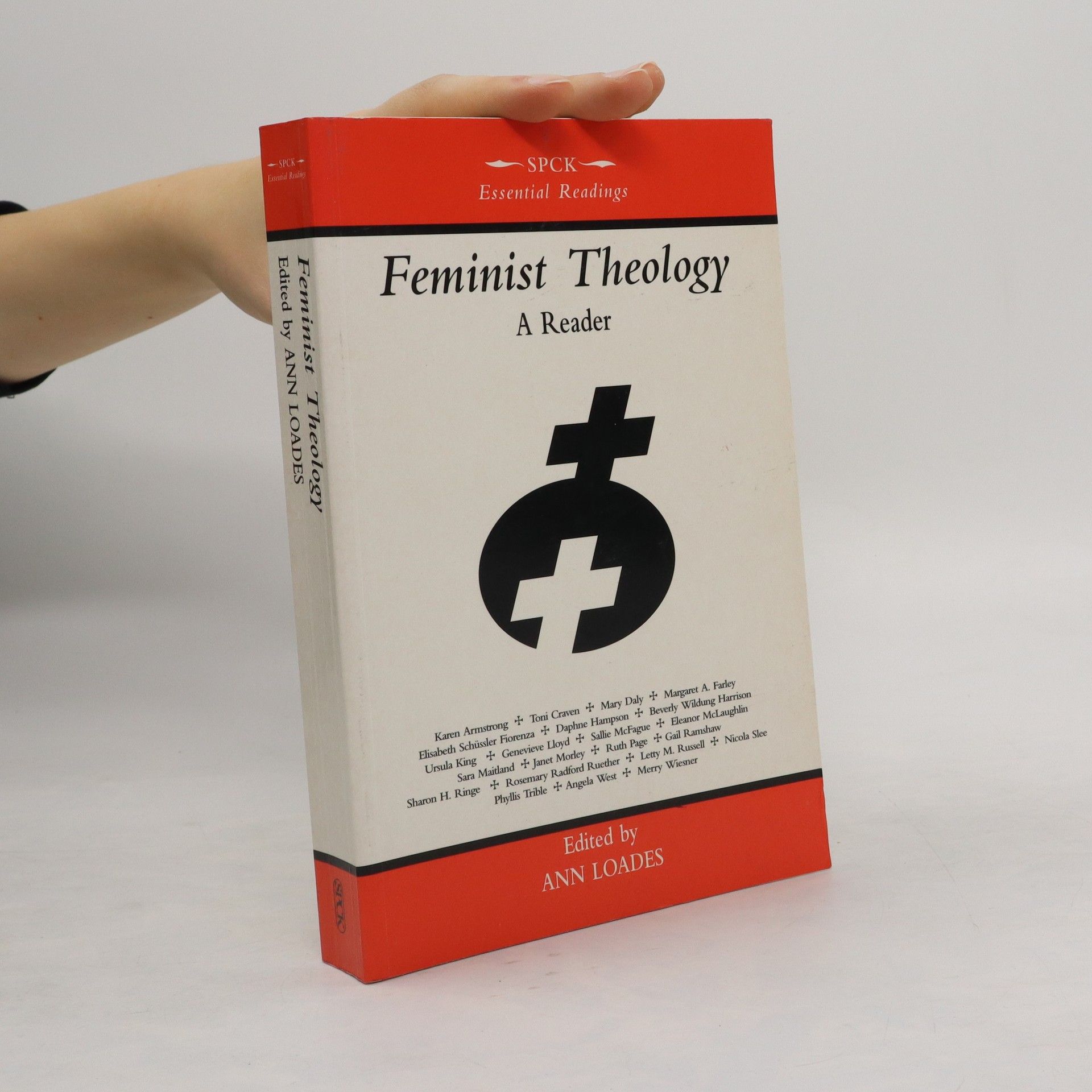Feminist Theology
- 340 stránek
- 12 hodin čtení
Some feminist women search for the roots of feminism in the recent past; others write the past off. Too many assume that religious traditions have nothing to offer feminism, so even when religious belief has been central to the inspiration of some of the most powerful campaigners for the value and worth of women, the significance of that belief has been ignored. Mary Wollstonecraft argued for the 'rights' of women'; Josephine Butler fought against the devaluation of women expressed in the Contagious Diseases Acts; Dorothy L. Sayers had a powerful sense of the way women and men grace one another's lives in their work. They all drew on the Christian tradition of their own times, but this has rarely been given weight. These women have not been considered together, nor as theologians, as here in Ann Loades's new book. In their life time, each of them opened up some painful issues: abortion and its significance in our shared social lives, forms of coercion, especially the sexual abuse of children, and the importance of women's work. Their courage and generosity offer salutary challenges to our own times. Feminist Theology will be of interest to all those concerned with contemporary theological questions as well as to students of feminism and the analysis of gender, in sociology, politics and the humanities.

